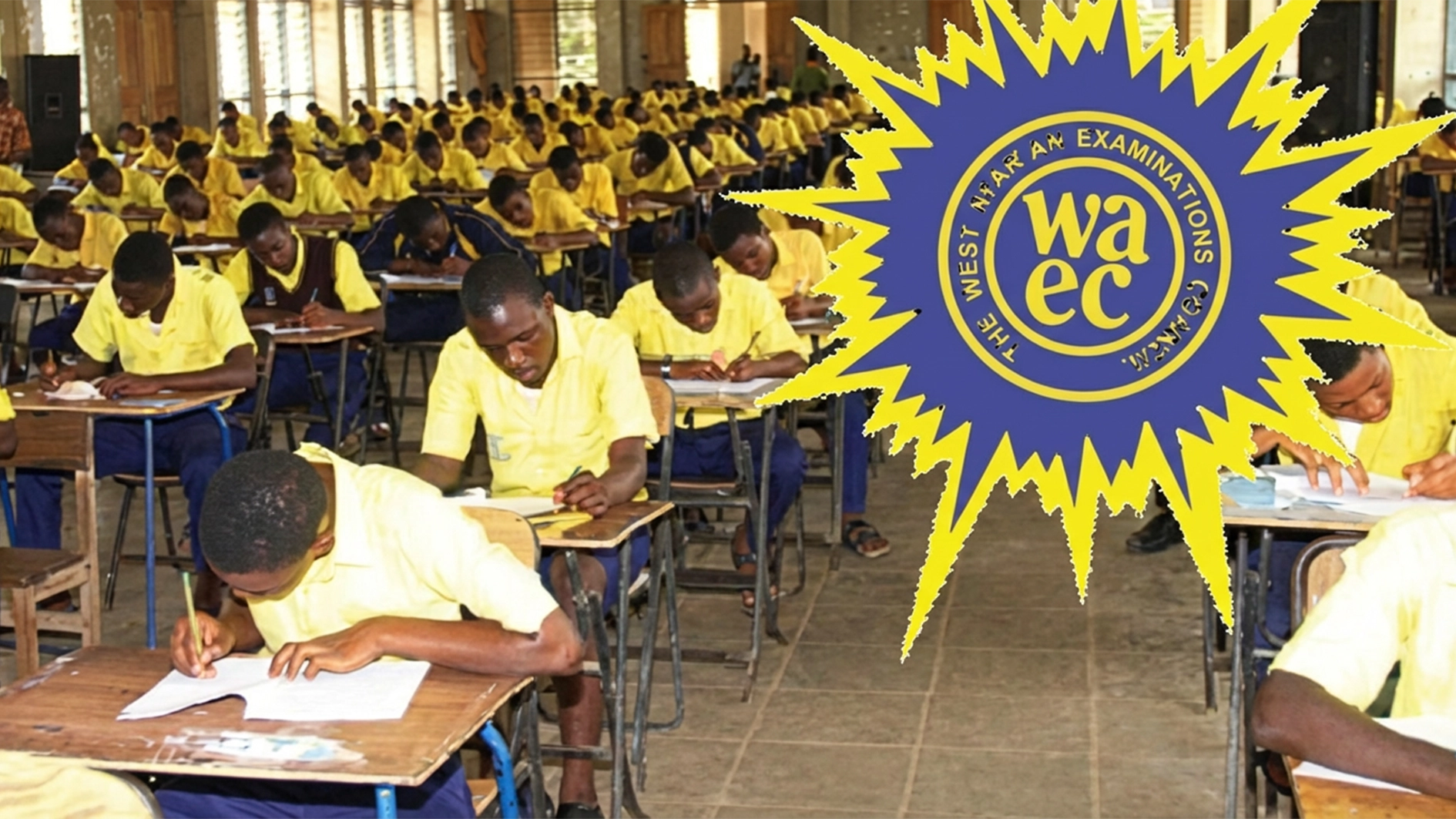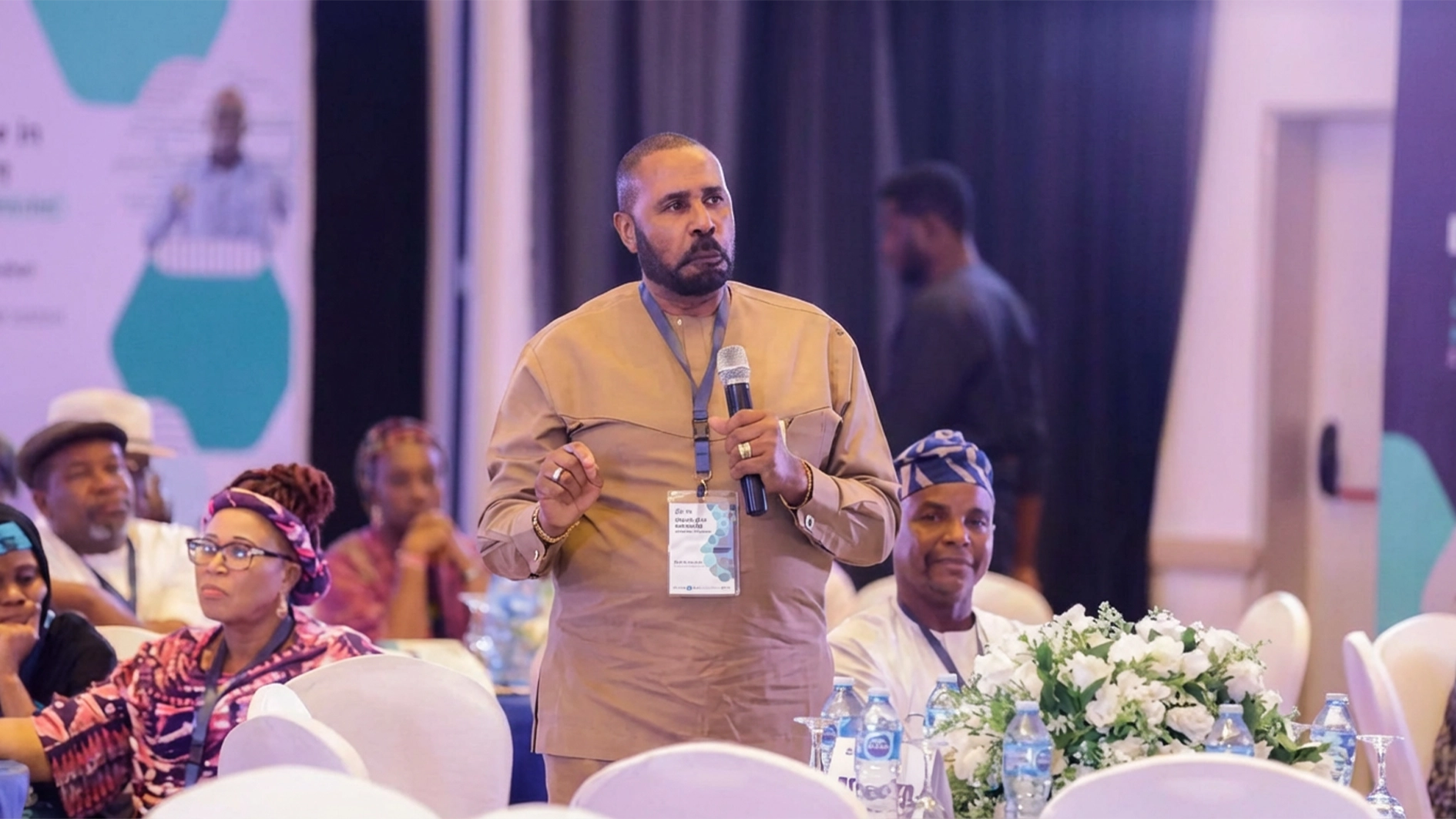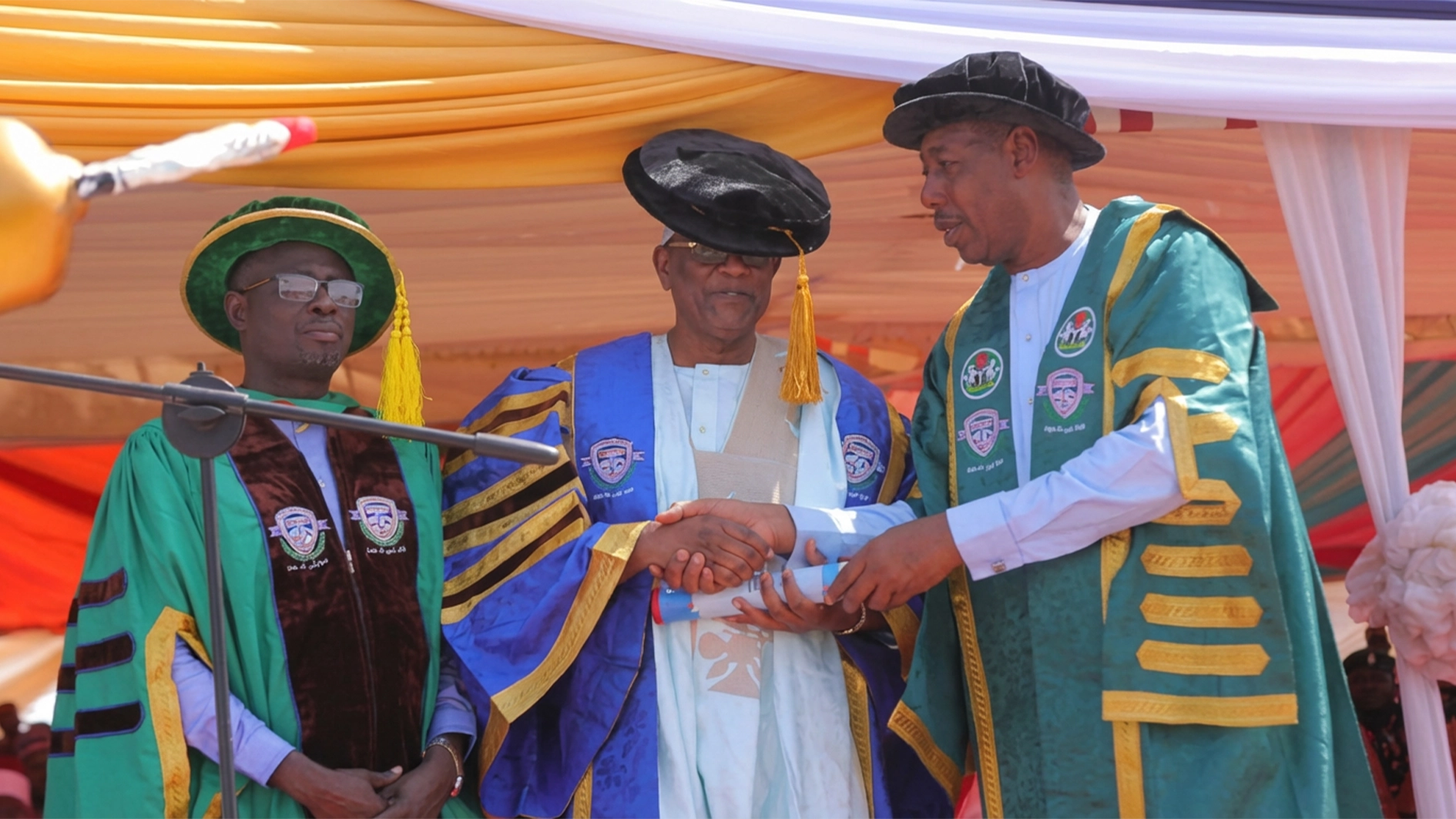The Executive Secretary of the Universal Basic Education Commission (UBEC), Aisha Garba, has reaffirmed the Commission’s commitment to bridging the gap between planning and performance in Nigeria’s basic education sector towards ensuring access to quality education for every Nigerian child.
Delivering her remarks at the 27th Quarterly Meeting of UBEC Management with the Executive Chairmen of the State Universal Basic Education Boards (SUBEBs), Garba highlighted the significant strides made in reforming and repositioning the sector, noting that progress recorded so far is only a first step towards achieving greater impact.
She listed some of the key achievements to include the revision of the UBEC matching grant formula to improve data-driven resource allocation, equity and accountability; improved states’ access to financing for basic education through UBEC matching grants, with 27 out of the 36+1 states accessing part of the N121 billion un-accessed matching grants backlogs from 2024, representing a 65 per cent increase.
Other achievements, according to her, include the revamp of the two-decade-old Basic Education Action Plan (BEAP) template and process to promote needs-based planning and accelerate implementation; expansion of school infrastructure nationwide, with 4,900 classrooms constructed, 3,000 renovated and 354,000 units of furniture supplied, directly benefiting over 2.3 million learners in 2025 alone; the launch of Nigeria’s largest teacher development programme with a N22 billion investment in teacher capacity building to enhance teaching and learning outcomes; and the digitisation of quality assurance monitoring, with over 500 officers trained to use real-time electronic monitoring tools.
She emphasised that while these reforms represent significant progress, they must be consolidated through stronger accountability and performance management systems.






